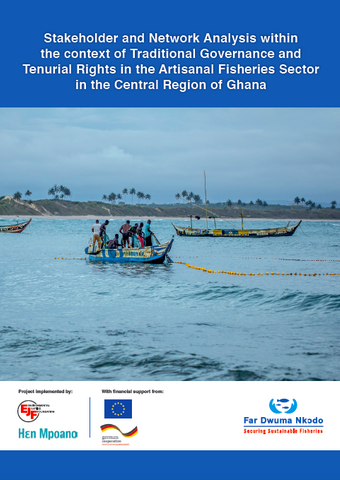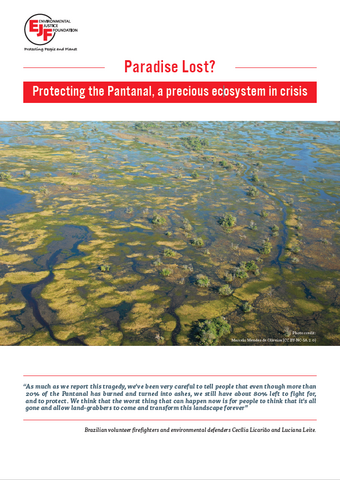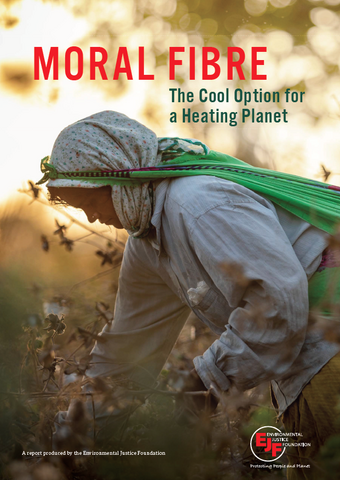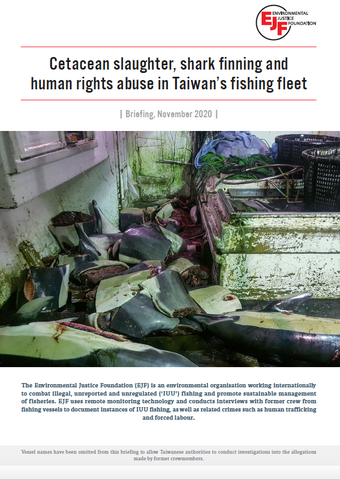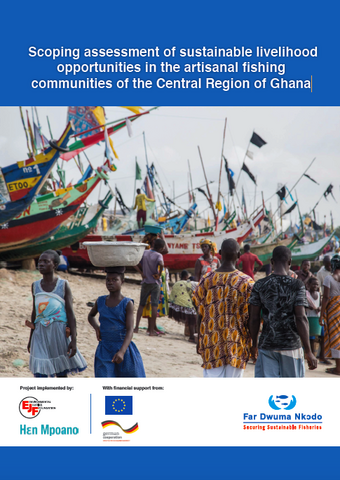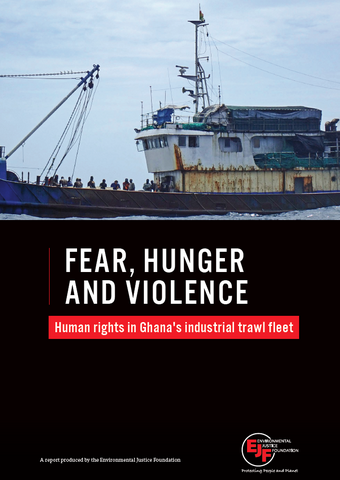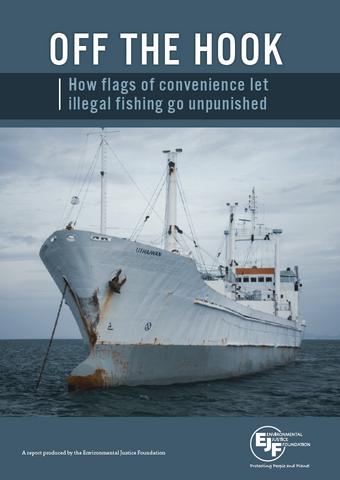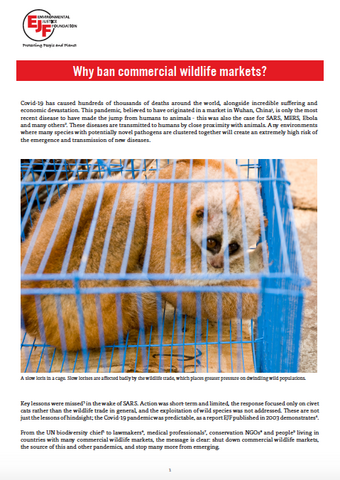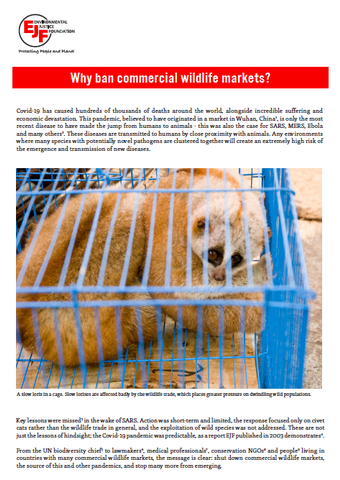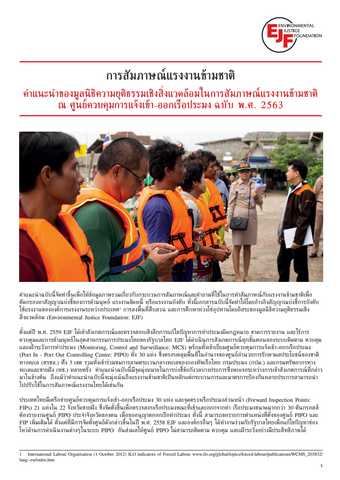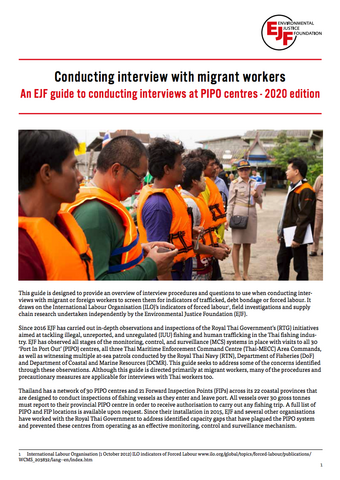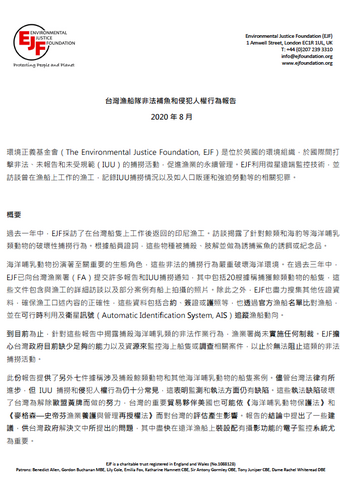Stakeholder and Network Analysis within the context of Traditional Governance and Tenurial Rights in the Artisanal Fisheries Sector in the Central Region of Ghana: This report identifies stakeholders of the artisanal fishery in Ghana, conducts a network analysis of these stakeholders and provides recommendations on how these networks could be harnessed for the development of the artisanal fishery in the region.
Paradise lost? Protecting the Pantanal, a precious ecosystem in crisis: The Pantanal is the largest tropical wetland in the world, and as well as hosting a unique array of wildlife it is an important carbon store, helping to regulate global climate. It is under imminent threat of destruction: the briefing lays out how progressive policy from the EU could help.
Warum kommerzielle Märkte für Wildtiere verbieten?: Das Verbot kommerzieller Märkte für Wildtiere wird eine weitere tödliche Pandemie nicht unmöglich machen, doch es ist ein erster Schritt auf dem Weg, sie unwahrscheinlicher zu machen. EJF unterstützt die Empfehlung von medizinischen Fachleuten, Gesundheitsexpert*innen und Naturschützer*innen und fordert ein globales und dauerhaftes Verbot kommerzieller Märkte für Wildtiere.
การสััมภาษณ์์แรงงานข้้ามชาติิ: คู่มือรวบรวมคำแนะนำฉบับนี้จัดทำขึ้นเพื่อให้ข้อมูลภาพรวมเกี่ยวกับกระบวนการสัมภาษณ์ที่ควรทำและคำถามที่ควรใช้สัมภาษณ์แรงงานข้ามชาติเพื่อคัดกรองหาสัญญาณบ่งชี้กรณีการค้ามนุษย์หรือการบังคับใช้และละเมิดสิทธิแรงงานในอุตสาหกรรมประมง โดยอ้างอิงจากข้อมูลทีได้จากการสืบสวนและลงพื้นที่สังเกตการณ์ของ EJF ตั้งแต่ พ.ศ. 2556
Conducting interviews with migrant workers: This guide is designed to provide an overview of interview procedures for use by Thai port officials when conducting vessel inspections. It is designed to improve the chances that workers will feel comfortable enough to speak out about potential labour violations taking place onboard their vessel. Although this guide is written specifically for Thai labour inspections a lot of the screening tools included in this briefing are translatable to other worker engagements around the world.
